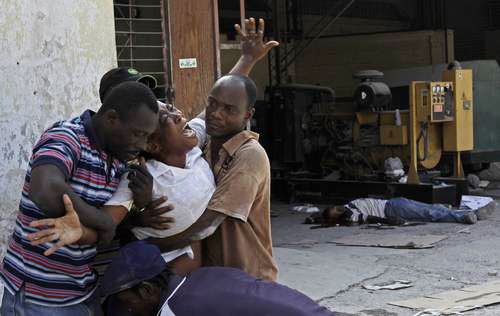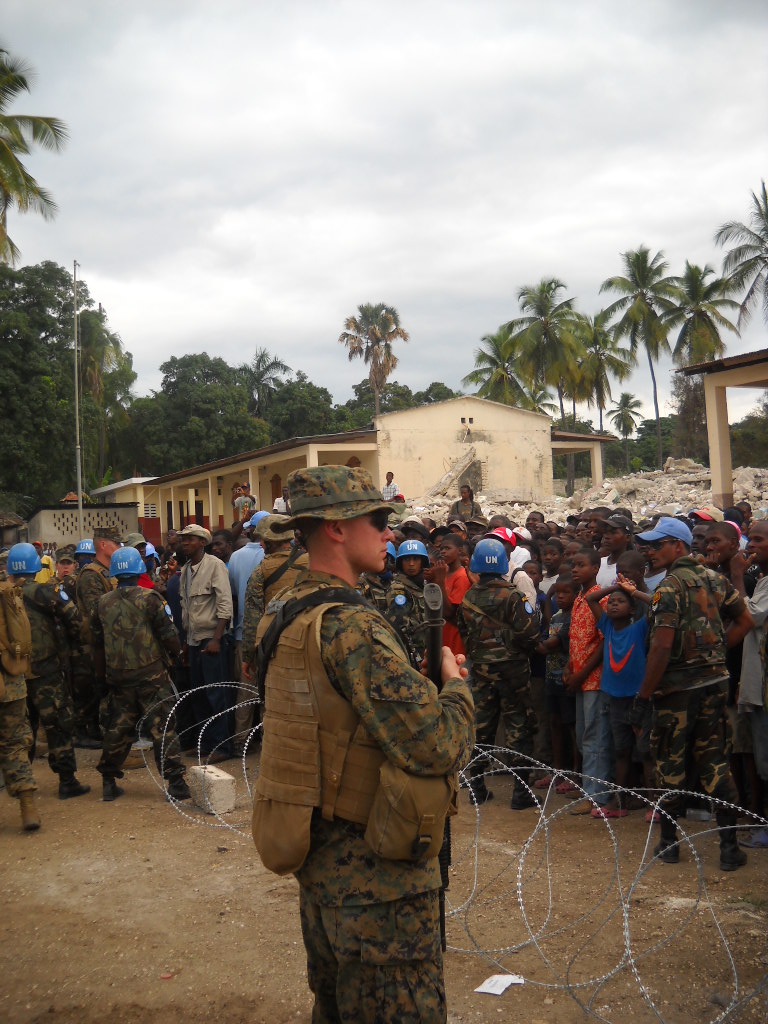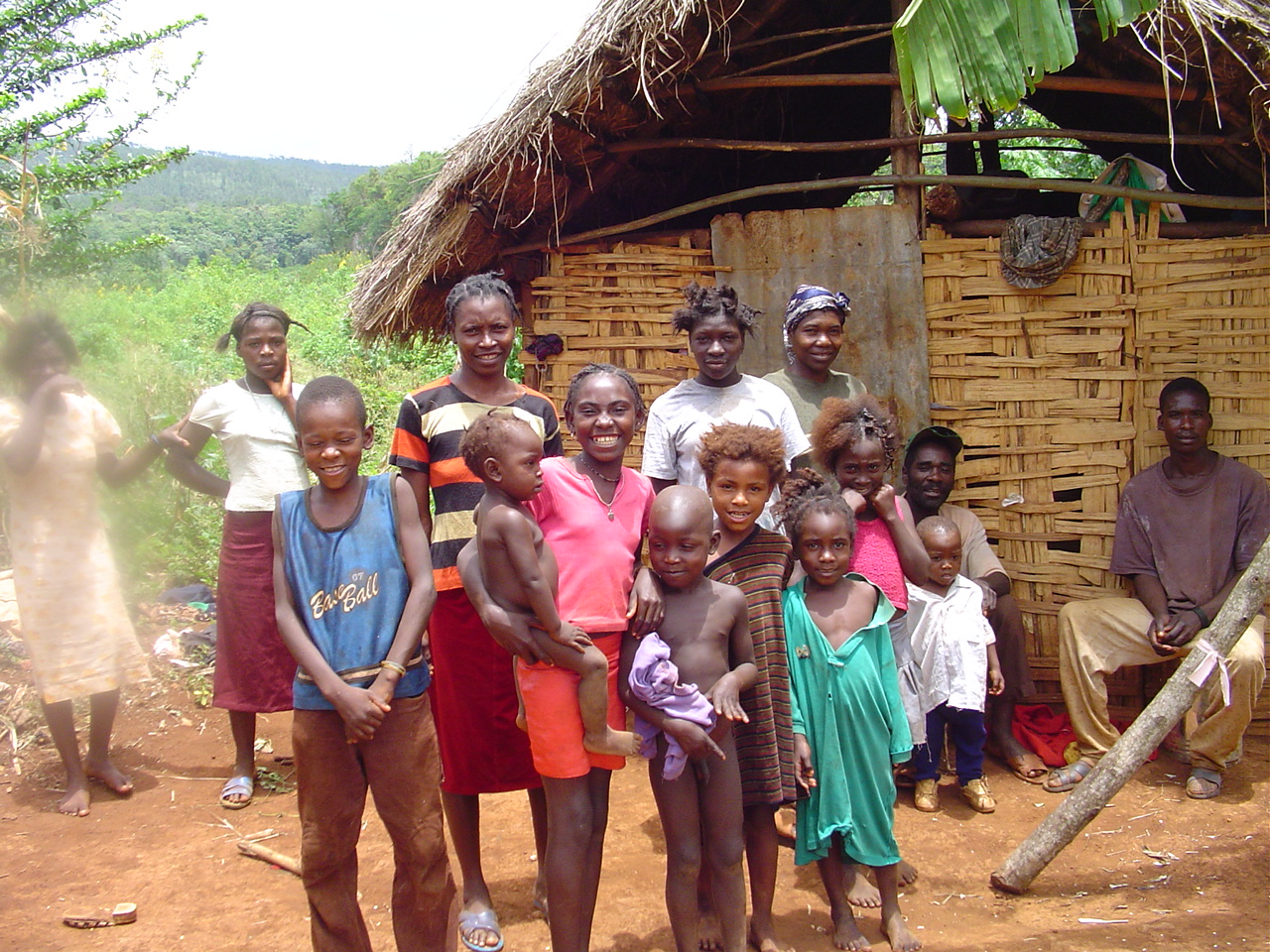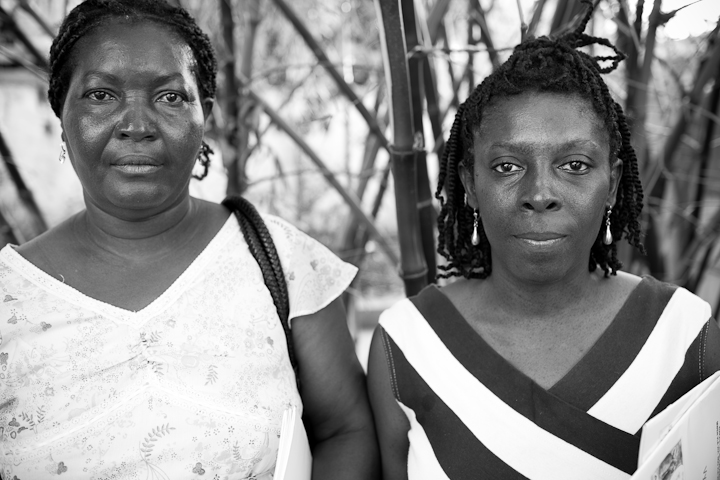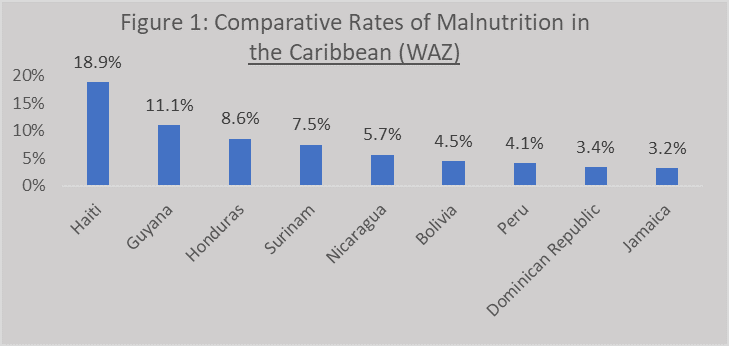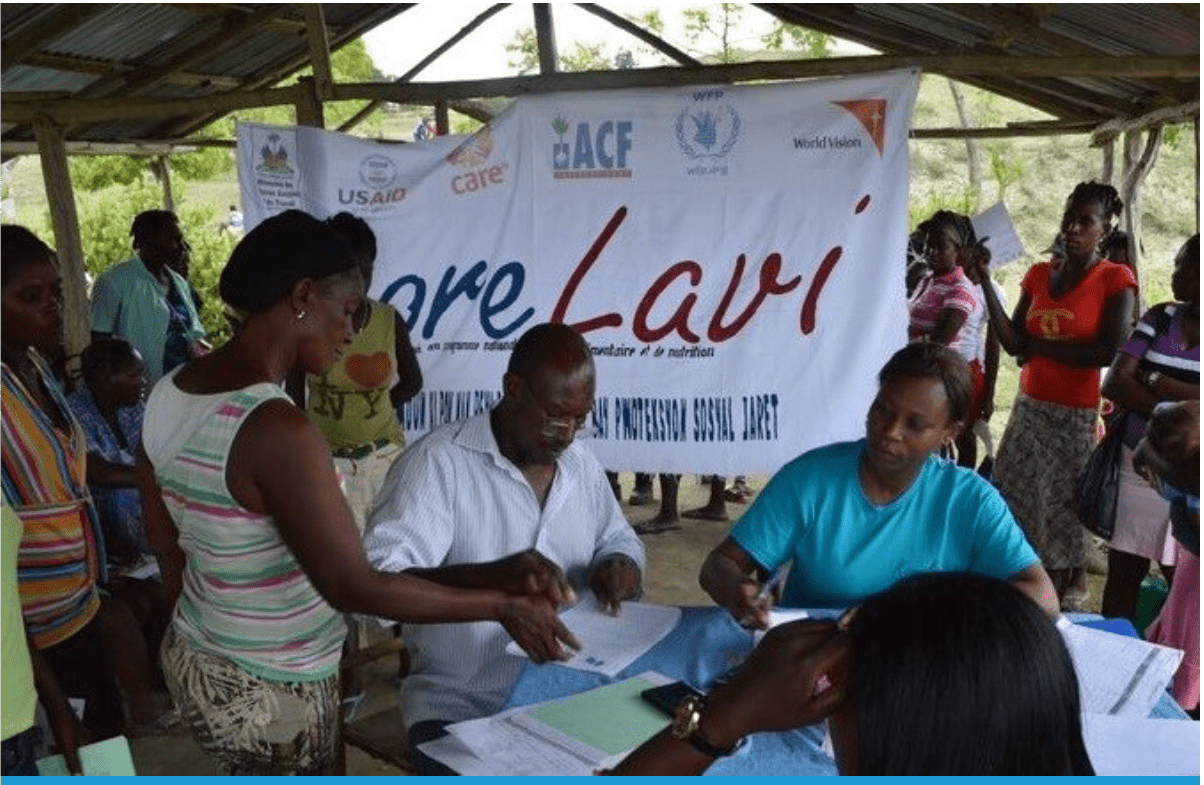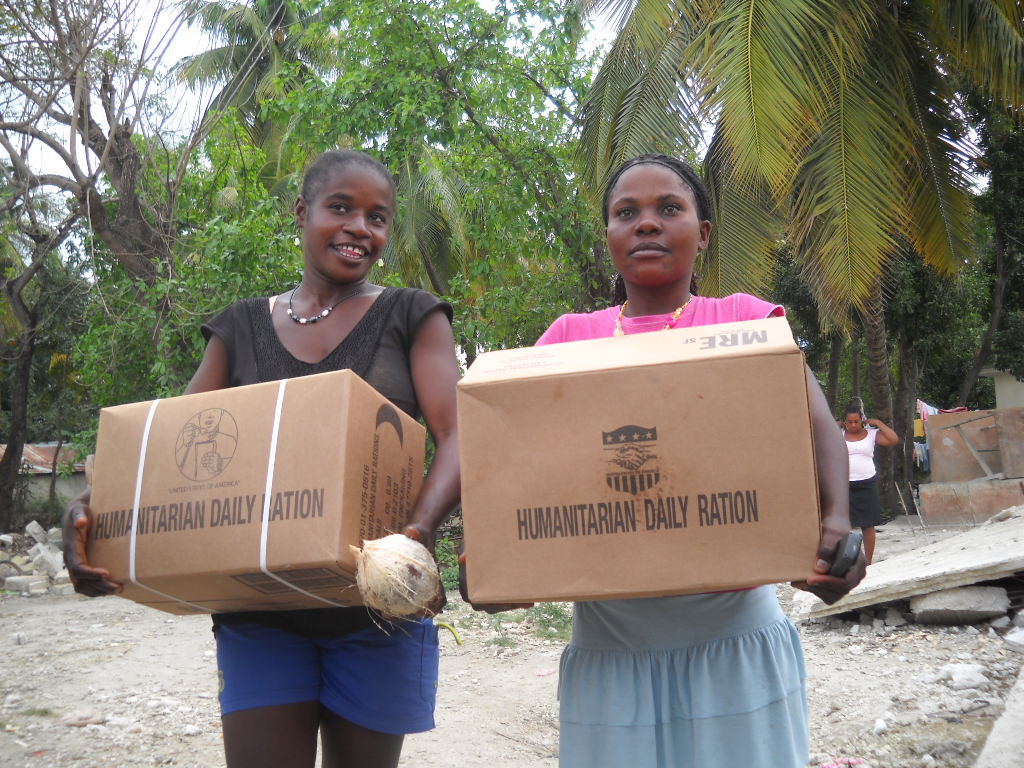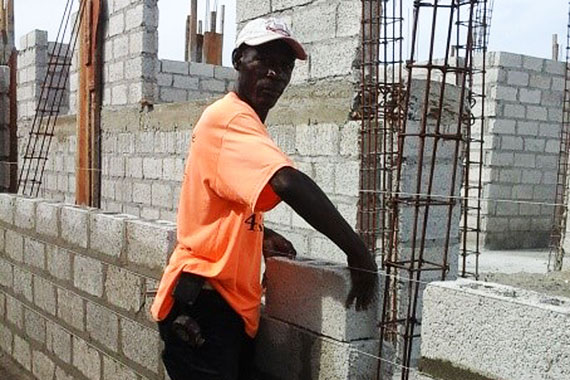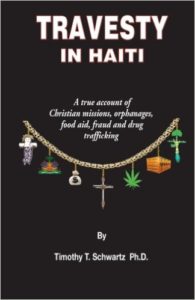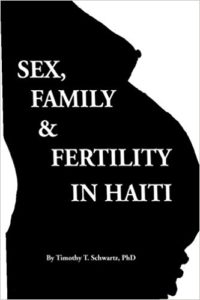Visual Fake News and the Absurdity of the Haiti Post-Earthquake Rape Epidemic
Cover Photo: This is an all too common abuse and/or misinterpretation of a photo from post earthquake Haiti. South Atlantic Press Agency, as well as MercoPress, used the AFP photo as an illustration (bait) for an article on gender violence in Haiti. You can find the original explanation for what happened here at an NBCRead More
The Story of the Haiti Earthquake Camps
In the wake of the January 12, 2010 Haiti earthquake, the world witnessed the growth of what would become the largest refugee crisis on the planet. If we can believe claims from the United Nations, the US and the EU governments, and the humanitarian aid agencies that together received some $3 billion in donations fromRead More
Haiti Anthropology Brief: Eighteen Characteristics of Life in Rural Haiti that Every Aid Worker Should Know
For at least the past 50 years Haiti has arguably been the most aided country on the planet, and arguably the country with the most dismal development record. Aid workers typically leave frustrated, not able to understand why rural Haitians will not adopt crops they promote, or the technologies and strategies that seem to soRead More
History of CARE International and USAID Development Efforts in Far West Haiti
This is a historical summary of CARE International’s activities in the region sometimes called “Far West” Haiti, specifically the Department of the North West communes of Jean Rabel, Mole St. Nicolas, Bombardopolis and the neighboring Department of the Artibonite commune, Anse Rouge. The reason the region is of interest to me is that between theRead More
History of Haiti’s Fabricated Rape Epidemics
In this article I begin with the rape epidemic that supposedly shook Haiti following the 2010 earthquake and then trace back in time the role of international aid agencies, activists, foreign governments, Haitian politicians and Haitian opportunist aid entrepreneurs in creating what has become an industry of being “viktim.”
Haiti Anthropology Brief: Institutional Reactions to Food Scarcity and Nutritional Crisis in Haiti
Going back some 50 years, there have been a series of international interventions meant to blunt the impact of food scarcity and nutritional crisis on impoverished Haitians, particularly mothers and children. The interventions include food aid, feeding strategies, introduction of fortified foods, and promotion of improved cultivars. This article summarizes these interventions, provides a reviewRead More
Failure of the HDVI : Beneficiary Criteria, Indicators, and PMT (Proxy Means Test) in Haiti (Human Deprivation and Vulnerability Index)
To identify most vulnerable beneficiaries, humanitarian organizations in Haiti have often used criteria based on expectations from elsewhere in the world, criteria that are often not based on data, and that, more often than not, fail in Haiti. The best and most controversial flood of examples comes from the World Bank/WFP/USAID supported HDVI (Humanitarian DeprivationRead More
History of Beneficiary Selection and Targeting in Haiti
Here I review the history of humanitarian aid beneficiary targeting in Haiti. I begin in the 1950s and 1960s with the Community councils, move through the 1970s and 1980s looking at gwoupman and the liberation theology movement. Very importantly I show how the revolutionary Liberation Theology movement of the 1970s to 1990s that were intendedRead More
FOOD AID Part II: Food Security and USAID, WFP and Destruction of Haitian Ag Economy
In 2008, two events occurred that suggested hope for Haiti’s agricultural sector, hope that the Machiavellian forces seen in FOOD AID PART I would be eliminated and in their place the United States, its allies, and the humanitarian aid agencies that had for four decades carried out politically charged food relief programs would effect newRead More
Fair Wages in Haiti (Short Version)
Fallacies In understanding a “fair wage” a couple fallacies should be recognized. First, official unemployment rates for Haiti vary between 70 to 80 percent. Similarly, organizations such as the World Bank have estimated that over 50% of the Haitian population lives on less than $1 per day and as much as 80% lives on lessRead More
